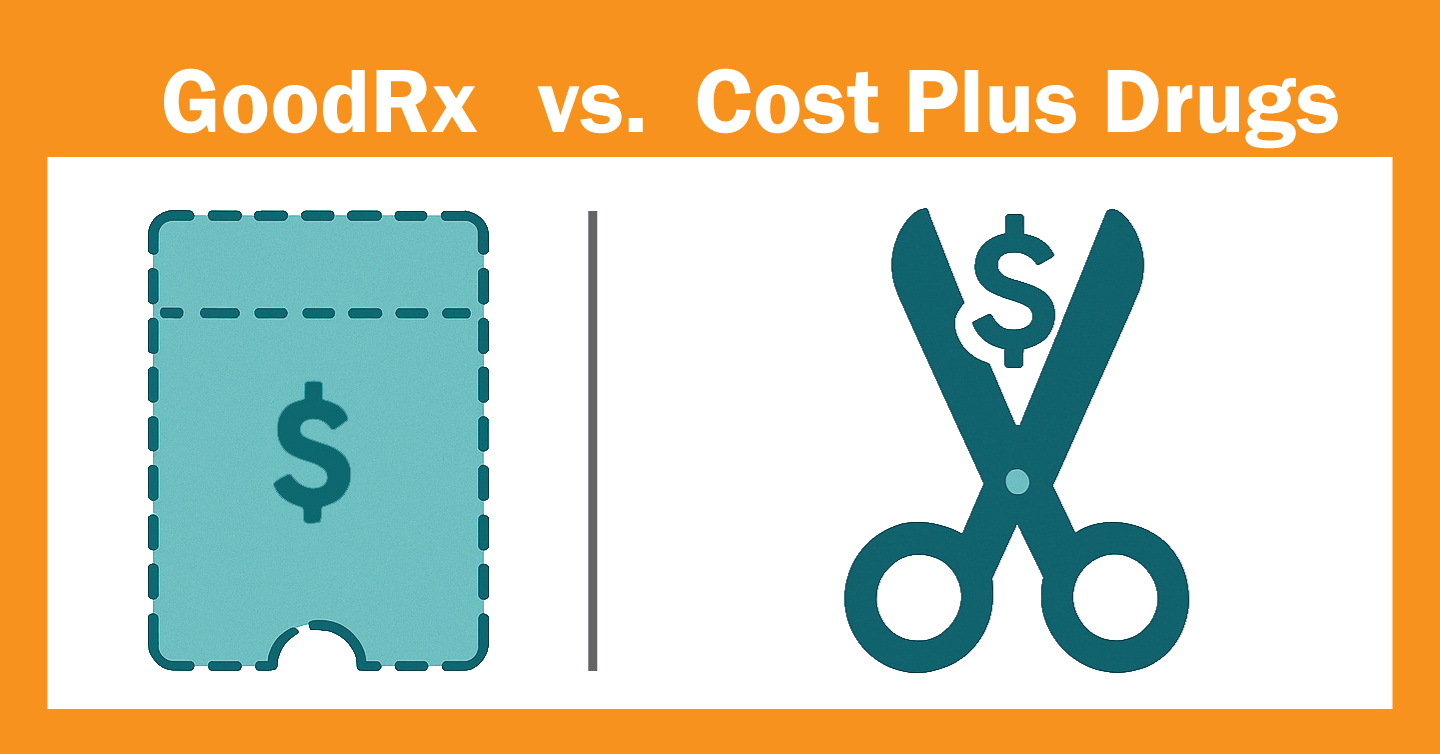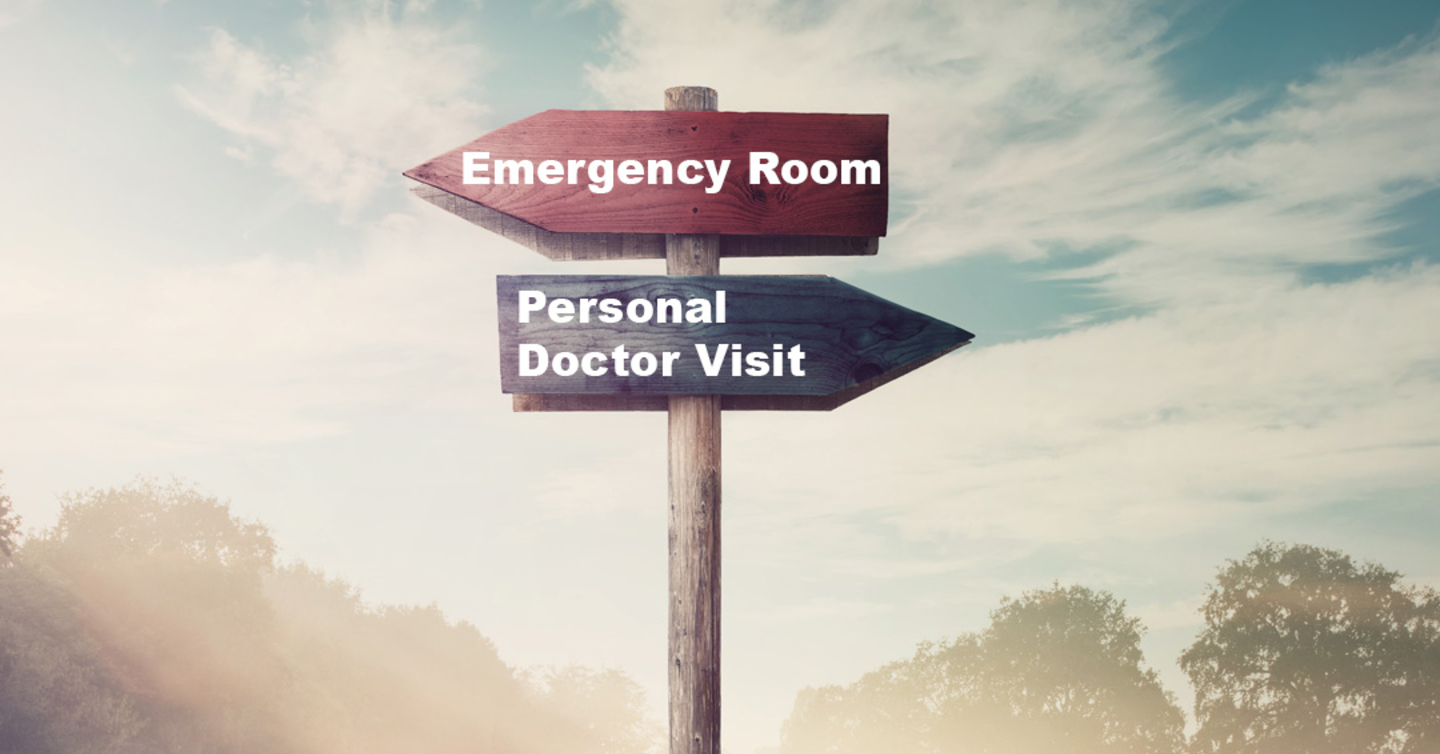A Good Night’s Sleep Means More than Just an Alert Morning

What are the Benefits of Good Sleep and the Drawbacks to Not Sleeping Enough?
By Jennifer Stubbe, wellness coordinator at Network Health
Originally published on 8/17/2021 at 1:00 p.m.
Do you remember when you were a teenager and it felt like it was never difficult to feel refreshed, regardless of whether you got three or nine hours of sleep? This isn’t uncommon. In fact, as we age, our sleep architecture (the term experts give to sleeping patterns and habits) naturally changes.
During these changes, however, ensuring you are still getting the amount of quality sleep your body needs is important. Today, we’re going to dig into why good, quality sleep is important, what factors can negatively affect your sleep health and what you can do to mitigate them.
Sleep stages – what happens when you sleep?
While most experience sleep as simply laying their head down and waking up six, seven or eight hours later, sleep is a complex pattern of processes that are working hard while your consciousness rests.
To accommodate these processes, sleep occurs in a series of sequential stages. The amount of time spent in each sleep phase is unique to every individual and differs at various ages.
In general – Non-REM (rapid eye movement) sleep takes place early in the night. The length of time spent in REM increases as the night progresses.
Non-REM Stage 1
Time spent in this light sleep stage is brief, lasting only around seven minutes. The brain produces alpha and theta waves, eye movements slow down, some muscle tone remains and breathing rate is regular. During this “catnap” stage, you are somewhat alert and easily woken.
Non-REM Stage 2
Less easily woken than Non-REM stage 1, in this stage, you are in sleeping lightly and experience an increase in sleep spindles or bursts of coherent brain activity. These “spindles” are a defining feature of this sleep stage.
Non-REM Stage 3
This sleep stage tends to go by a few names. Among them are “slow-wave sleep,” “delta sleep” and “deep sleep.” There is slower delta wave production, no rapid eye movement, no muscle activity and you are less responsive to outside noises when settling in.
Non-REM Stage 4
Delta wave production ramps up for Non-REM stage 4. In this stage, the name of the game is “restorative” work. Your body is performing maintenance, such as actively repairing damaged tissues, stimulating growth and development, improving immune function and replenishing energy levels for the next day ahead. If you are woken up from this stage, you are likely to feel very groggy.
REM Stage 5
REM is your sleepy time destination. Taking about 90 minutes to achieve, a typical REM cycle lasts around one hour. Ideally, you will have about 5-6 of these REM cycles per night.
In this neurologically intense stage, you dream, your heart rate and blood pressure fluctuate and irregular breathing may occur without any muscle movement. Short for “rapid eye movement,” your eyes experience seemingly erratic movement, darting around. To see what this movement looks like in a baby, click here.
REM sleep plays an important role in learning and memory function, by processing the previous day’s information for storage in your long-term memory.
Benefits of sufficient sleep
Understanding the important benefits of full-cycle sleep, it’s easy to figure out that getting enough sleep has more benefits than simply feeling well-rested in the morning. Here’s a shortlist of things for which your body and mind will thank you when you prioritize healthy sleep.
- Physical rejuvenation
- Mental clarity and alertness
- Greater problem-solving ability
- More relaxed and patient
- Less frequent stress
- Fewer sick days
- Lower risk of accidents
- Promotion of cell and tissue repair and growth, adequate hormone release, blood sugar control, and appetite regulation
Drawbacks and risks to insufficient sleep
Similarly, not getting enough quality sleep can have negative effects and even health risks. Here are a few.
- Lack of energy
- Reduced concentration and decreased productivity
- Impaired critical thinking and creativity skills
- Impatient and more easily agitated mood
- More easily stressed
- Compromised immune system function
- Greater risk of an accident
- Increased risk of obesity, diabetes, high blood pressure, heart disease and mental health concerns
Potential factors disrupting sleep quality
When looking to get enough high-quality sleep, it’s important to be aware of common obstacles and incorporate them into your plan.
- Physical and/or mental health conditions
- Side effects from medications used for the common cold, allergies, high blood pressure, heart disease, thyroid, asthma, mental health conditions and birth control
- Sleep disorders such as insomnia, sleep apnea, narcolepsy, restless leg syndrome and shift work disorder
- Lacking daily lifestyle practices to promote good sleep
- Changes in the brain, resulting in weaker connections between the neurological receptors that signal specific sleep-inducing chemicals
- Use of blue-light-emitting devices close to the time you settle in for sleep (read more about limiting screen time for health here)
Sleep regulation and circadian rhythm
Another factor that may negatively affect your ability to sleep is an imbalance in your circadian rhythm.
What is your circadian rhythm? Great question. Your circadian rhythm is your body’s natural 24-hour cycle that incorporates physical and mental behavior into a natural sleep-wake cycle. This sleep-wake cycle manifests as your body’s desire to have a balance between the amount of time you sleep and the amount of time you spend awake.
If you’ve ever wondered why some people wake up early, bright and refreshed, but get more tired as the day moves on, while others have trouble waking up but can stay up later, the answer is that they have different circadian rhythms.
Throughout the day, your circadian rhythm fluctuates in response to light and dark signals. This rhythm dips and rises at different times of the day intentionally, with your greatest sleep drive between 2-4 a.m. and 1-3 p.m.
The severity of your tiredness depends on the quality and quantity of sleep at night. There is evidence connecting the circadian rhythm to metabolism and weight, through the regulation of blood sugar and cholesterol, as well as its influence on mental health and immune system function.
How to get great sleep and support your circadian rhythm
Getting enough high-quality sleep is crucial to supporting your brain and body’s function. Recent research by the National Institutes of Health even suggests that chronic lack of sleep can increase the protein linked to Alzheimer’s.
Here are some ways to support your circadian rhythm and get the sleep you need for optimal function every day.
- Maintain a set sleep routine – do your best to go to bed and wake up at the same time every day.
- Ensure exposure to natural sunlight in the morning upon waking.
- Stay physically active by getting approximately 30 minutes pf moderate-intensity exercise (you can talk, but not sing). Just make sure you’re not exercising too close to bedtime. Exercise also serves as a great stress-reliever, helping to further address other sleep inhibitors.
- If necessary, limit daytime naps to 20-30 minutes. Naps don’t make up for inadequate nighttime sleep but can assist with improving mood, alertness and performance.
- Maintain a healthy, minimally processed diet that doesn’t include caffeine in the afternoon and evening as caffeine is a stimulant. Eating dinner earlier in the evening and keeping snacks light will help avoid undigested food from sitting in the stomach and causing discomfort or rumbles at bedtime.
- Avoid or quit nicotine. The benefits of quitting nicotine are many, but it is also a stimulant that can inhibit healthy sleep.
- Reduce alcohol consumption, especially later in the evening. Although it may help you fall asleep faster, it disrupts your sleep cycle and sleep quality later in the night.
- Follow a nightly routine to wind down.
- Create a relaxing sleep sanctuary that supports your five senses.
- Touch – Keep the temperature cool. Ensure your mattress, pillow, bedding and pajamas are comfortable. Consider a separate sleeping space for pets.
- See – Maintain a decluttered and dark room. Avoid using your phone or watching TV one to two hours before bed.
- Hear – Consider the use of white noise from a sound machine, air purifier, fan or listening to a guided meditation recording to reduce distraction and encourage relaxation.
- Smell – Address any allergy concerns to ensure proper breathing while sleeping. Fresh bedding and relaxing scents are other options.
- Taste – Hydrate before sleeping with a healthy and light beverage to avoid dehydration as well as the desire to snack.
- Identify and eliminate major stressors such as responsibilities and obligations. For stressors that you can’t eliminate, find ways to reduce or manage living with them through healthy coping tactics like meditation.
Healthy sleep is more than just eight hours between your sheets
As you can see, healthy sleep entails more than just time. It’s listening to your body and responding to its needs. While sleep inhibitors are many, being aware of your body and working to help it get the sleep it needs will help you feel better than you ever have when those morning hours roll around.
For more information on sleep hygiene and how your Wisconsin-based health insurance plan can help you with health and wellness, contact us today.



